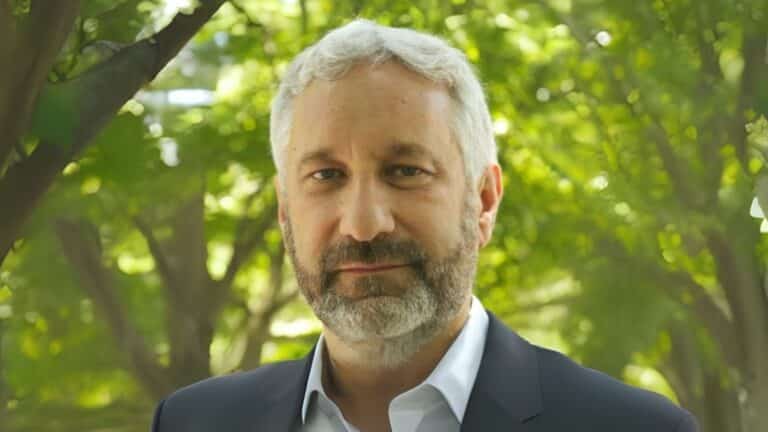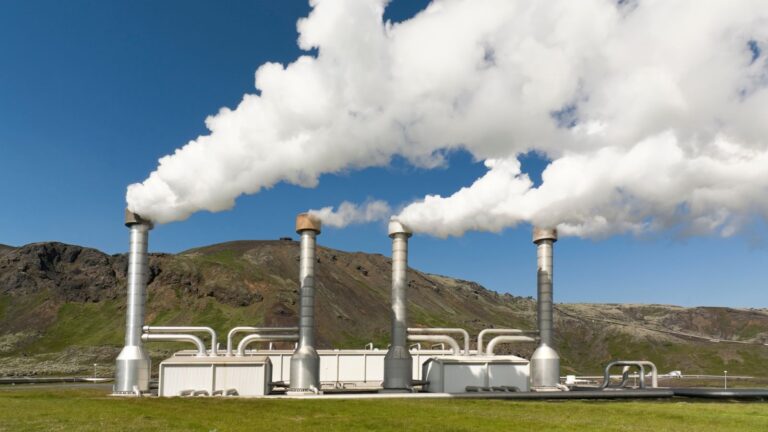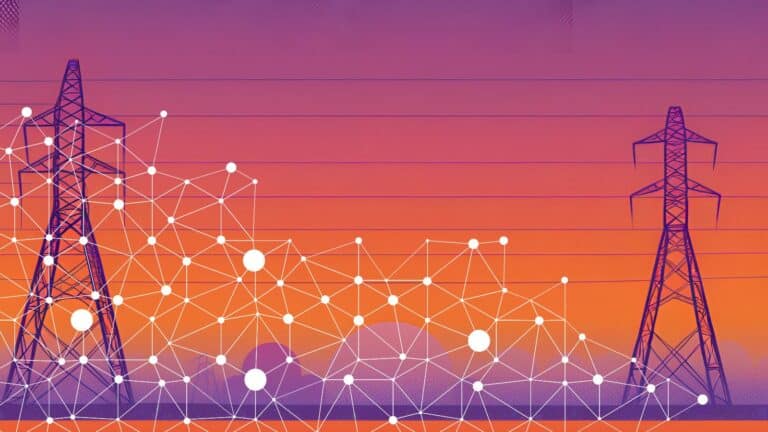A New Unifying Issue: Just About Everyone Hates Data Centers
Recent election results and evidence from states show misgivings about the growth of AI and the ramifications for energy costs and the environment.
Current Access Level “I” – ID Only: CUID holders, alumni, and approved guests only
University of Texas, Austin
In February 2021, Winter Storm Uri pushed the Texas power grid to its limit, leading to widespread blackouts across the state. At its peak, the storm left 4.5 million homes and businesses without power, causing an estimated 250 deaths and $90 billion in damages.
As extreme weather worsens, experts worry that the current regulatory system is not enough to address the vulnerabilities in Texas’s electric system, making future outages more common and destructive.
This February, another devastating winter storm hit Texas. In this week’s episode, host Bill Loveless sits down with Michael Webber, an energy resources professor at the University of Texas, Austin and an expert on Texas’ unique grid, to discuss what has (or hasn’t) changed since Winter Storm Uri.
What has Texas taught us about building a reliable grid in the face of extreme weather?
Michael is also the chief technology officer of Energy Impact Partners, a $2 billion cleantech venture fund.
His book, Power Trip: the Story of Energy, was published in 2019 with an award-winning six-part companion series that aired on PBS and other networks.
Elected officials face huge challenges when it comes to energy policymaking. They have very little time to learn complicated, nuanced issues. They're bombarded by information — some of...

The ten years since the Paris Agreement was signed at the UN Climate Change Conference, COP 21, have been the ten hottest years on record. And the outcome...

Last week, President Trump announced that he was imposing significant new sanctions on Russia. It’s an effort to cut off revenue Russia needs for its war in Ukraine....

Energy has long been used as a weapon. The United Kingdom blocked oil exports to Germany during World War I. Hitler’s fall was due in part to losing...


AI’s growing power demand has received enormous attention in recent months. In many places, the lack of power supplies is an important constraint on the growth of data centers to train and run AI models.

Kenya and South Africa have recently started moving toward an open access regime in their electricity sectors, while the US and India have been on this path for over two decades.

About one in four American households experience some form of energy insecurity. Within this group, Black, Indigenous, Latine, low- and moderate-income (LMI), and other disadvantaged communities face a disproportionately higher burden.
